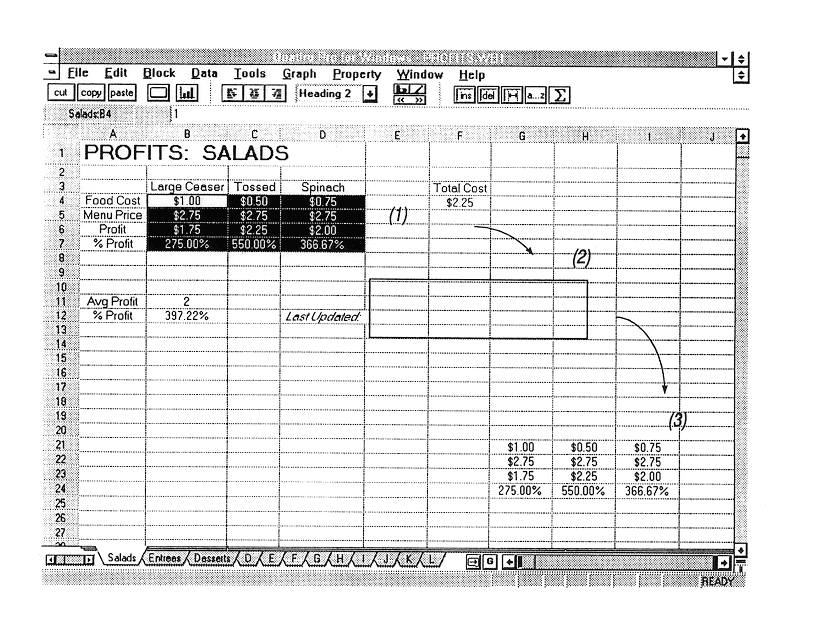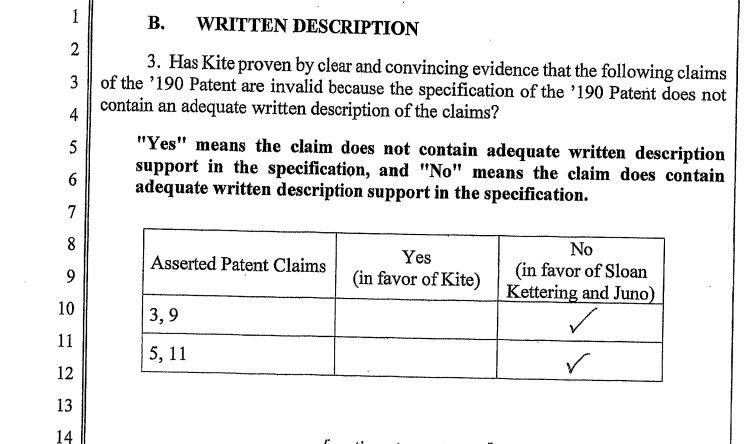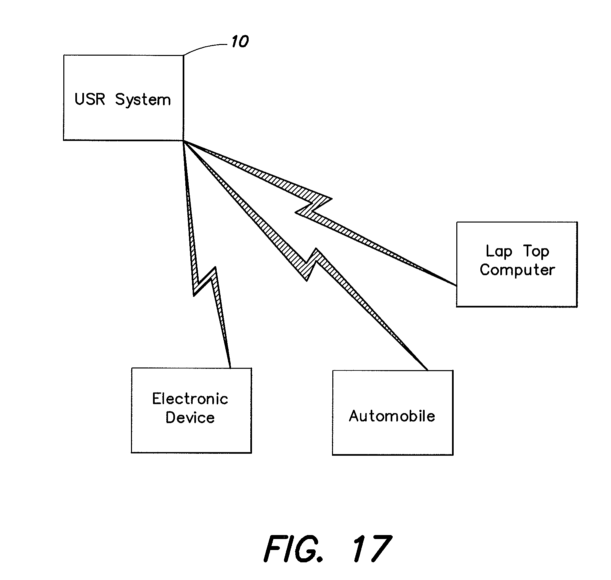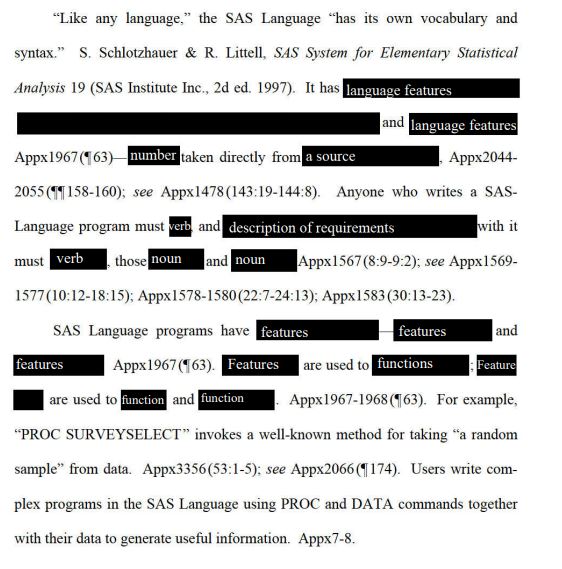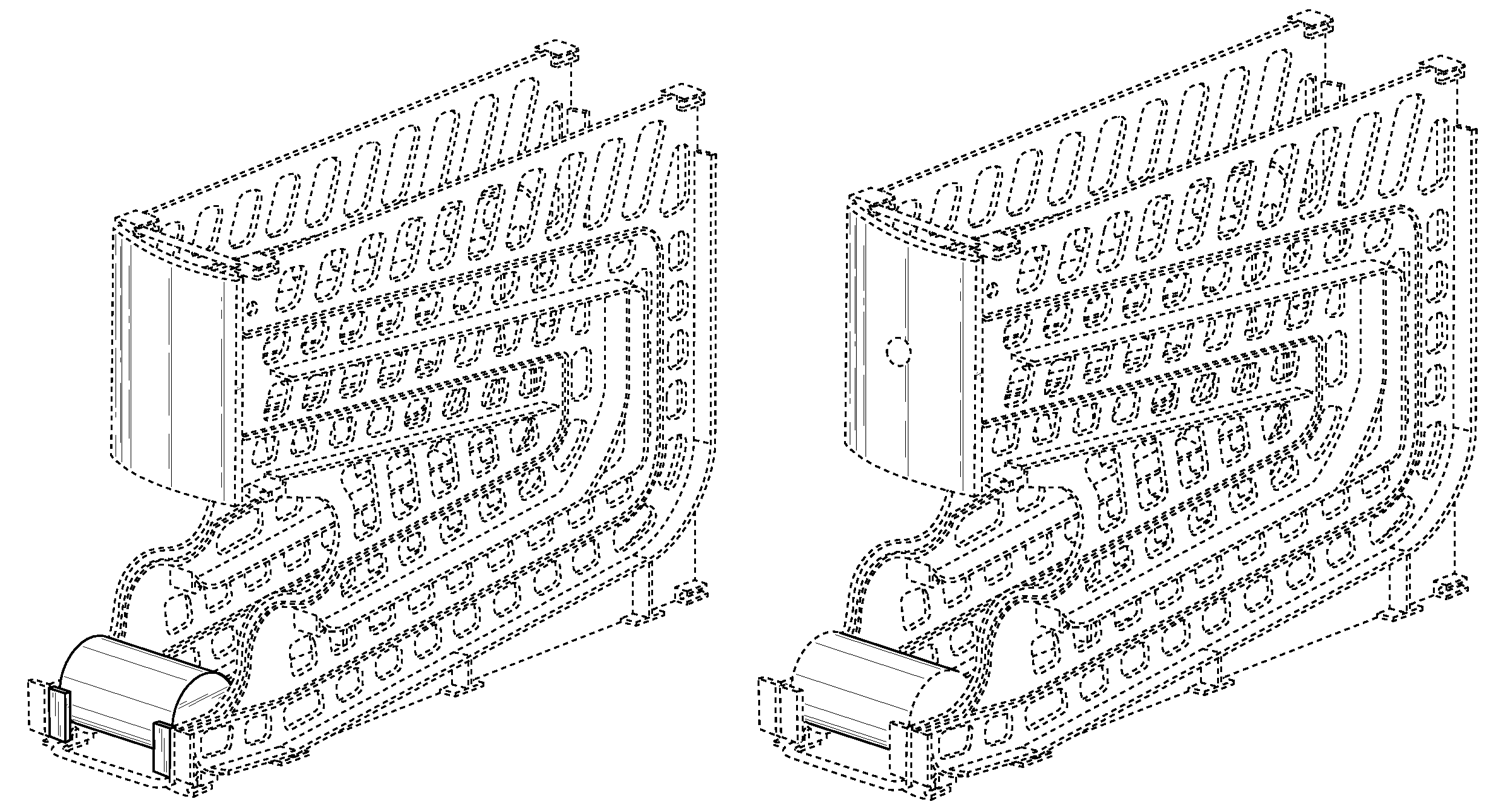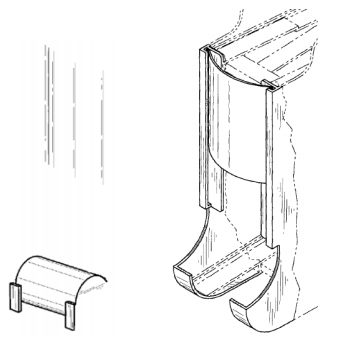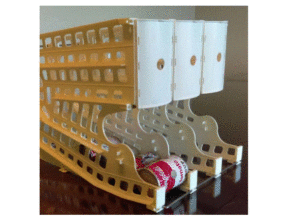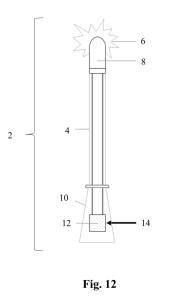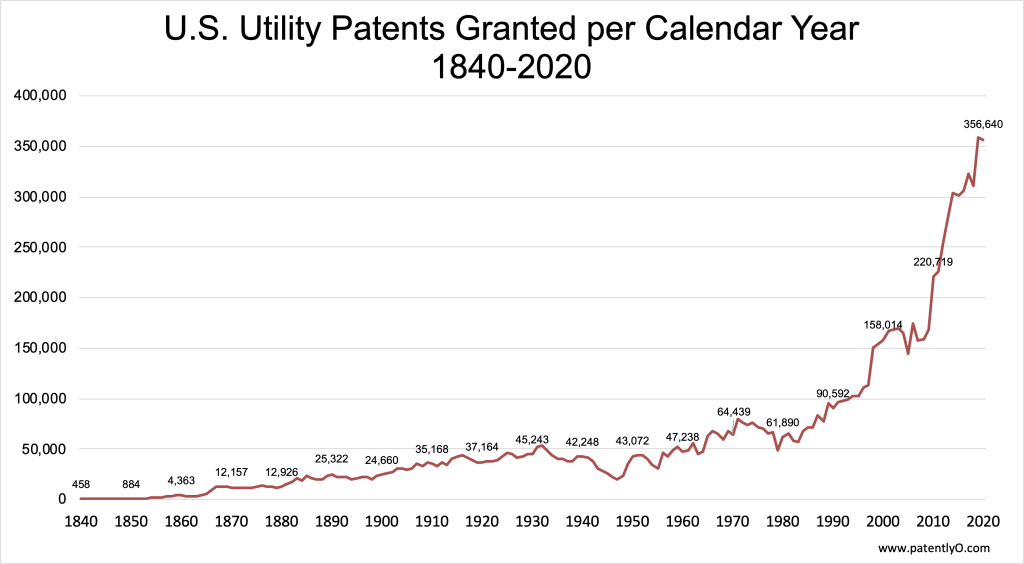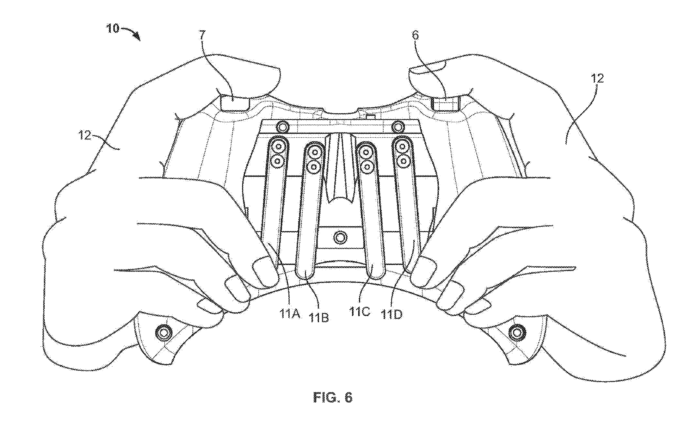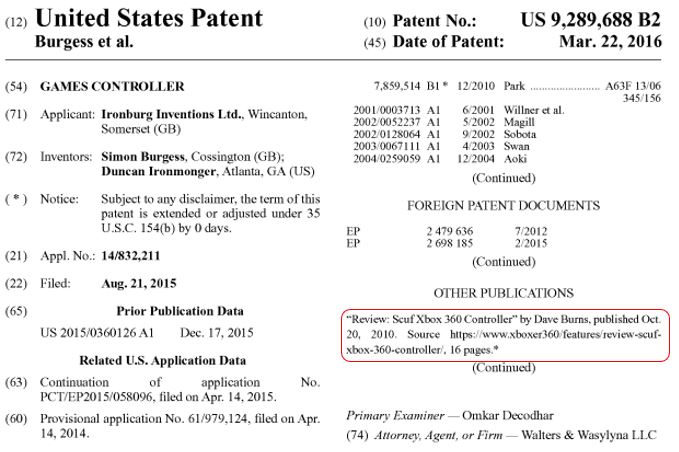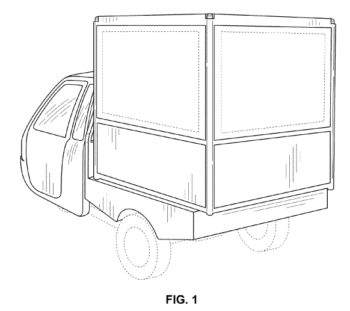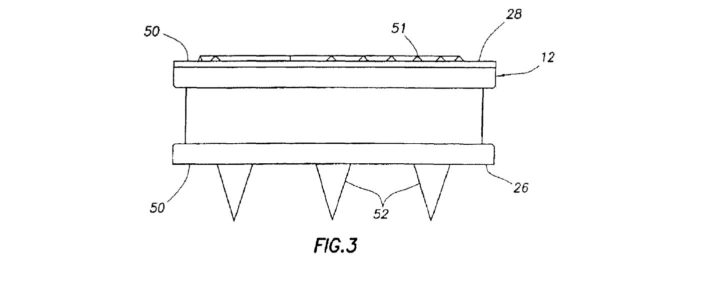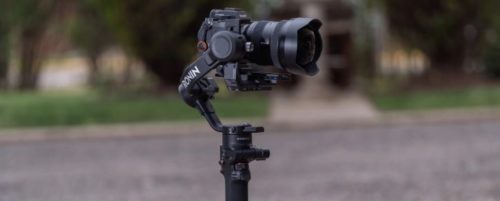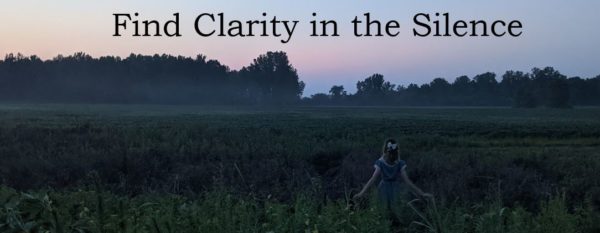by Dennis Crouch
This is a follow-up post on the pending SAS v. WPL appeal before the Federal Circuit. The focus of the case is copyrightability of the SAS statistical software and its outputs. SAS argues that it made a “plethora of creative choices” in developing its material, and that creativity is more than sufficient to satisfy the originality requirements of copyright law. Thus far, the courts have disagreed with SAS and rejected its copyright assertions. However, the company has now positioned its case before the intellectual property friendly Court of Appeals for the Federal Circuit.
The software at issue here is most aptly described as a programming language that consists of a set of functions & options that the plaintiff calls “input formats” used to produce formatted reports. In addition, SAS argues that the formatting of the reports is also copyrighted. There apparently is no claim of copying of any lines of software, but instead it is copying of the functionality and use of the particular coding language. My understanding is that WPL designed its software so that its software would execute the same input-procedure used on SAS and produce an equivalent output. Although these are functional aspects, they also involve creative choices.
In a prior post, I wrote about the SAS appeal including a number of amicus briefs supporting their strong copyright claim. Now the other-side has had its chance to respond, including substantial amicus support. The Federal Circuit’s Google v. Oracle decisions are sitting in the background. Although the Supreme Court eventually sided with Google on fair use grounds, it did not disturb the Federal Circuit’s copyrightability decision that strongly supported copyright protection even for functional software. WPL’s amicus supporters are concerned that the Federal Circuit will reinvigorate its approach to copyrightability in SAS.
New briefs in support of the accused infringer WPL:
- Electronic Frontier Foundation (EFF): The law treats copyrightability of software differently than other literary works (as it should). Patents should be the go-to in this area. I’ll note that EFF has also repeatedly argued against patentability of software.
- 44 Intellectual Property Law Scholars: Focusing substantially on application and procedure for the abstraction-filtration-comparison (AFC) test — arguing that the AFC approach should not be rejected for a general “creative choices” test.
- Computer & Communications Industry Association (CCIA): “A Copyright’s presumption of validity does not create a presumption that the entire work is protected expression.”
- 54 Computer Scientists: This brief is helpful in understanding the details of how SAS and WPL operate in the context and history of computer programming languages.
- GitHub, Inc.: “Vague allegations of nonliteral copyright infringement” lead to FUD — fear, uncertainty, and doubt.
Briefs filed so far:
- Appellant SAS Opening Brief
- Appellee WPL Responsive Brief
- Appellant SAS Reply Brief [Not Filed Yet]
- Oman Brief – Supporting SAS
- Authors Guild Brief – Supporting SAS
- Mathworks Oracle Brief – Supporting SAS
- Copyright Alliance Brief – Supporting SAS
- Computer Scientist Brief – Supporting WPL
- IP Scholars Brief – Supporting WPL
- CCIA Brief – Supporting WPL
- GitHub Brief – Supporting WPL
- EFF Brief – Supporting WPL
Law Journal Reading List from the Briefs:
- Paul Goldstein, Infringement of Copyright in Computer Programs, 47 U. Pitt. L. Rev. 1119 (1986) .
- Richard H. Stern, Copyright in Computer Programming Languages, 17 Rutgers Computer & Tech. L.J. 321 (1991);
- Ronald L. Johnston & Allen R. Grogan, Copyright Protection for Command Driven Interfaces, 12 COMPUTER L. INST. 1 (1991)
- William M. Landes & Richard A. Posner, The Economic Structure of Intellectual Property Law (2003)
- Pamela Samuelson, A Fresh Look at Tests for Nonliteral Copyright Infringement, 107 Nw. U. L. Rev. 1821 (2013)
- Pamela Samuelson, Three Fundamental Flaws in CAFC’s Oracle v. Google Decision, 37 Eur. Intell. Prop. Rev. 702 (2015)
- Lydia Pallas Loren & R. Anthony Reese, Proving Infringement: Burdens of Proof in Copyright Infringement Litigation, 23 Lewis & Clark L. Rev. 621 (2019).
- Christopher Jon Sprigman & Samantha Fink Hedrick, The Filtration Problem in Copyright’s “Substantial Similarity” Infringement Test, 23 Lewis & Clark L. Rev. 571 (2019)
